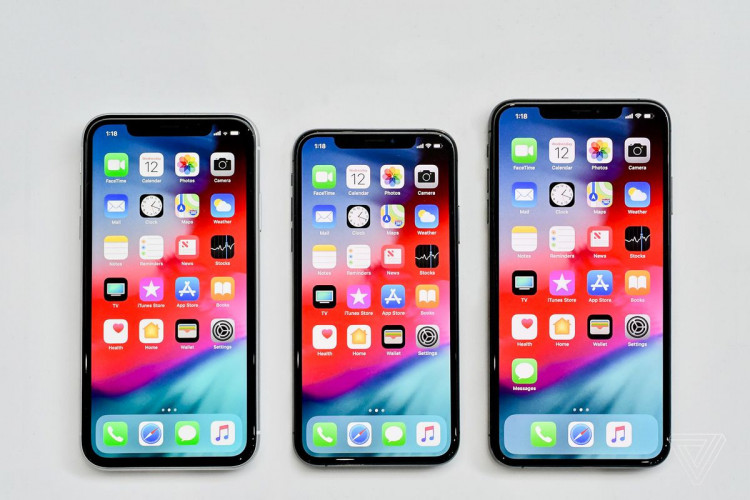Apple has stopped signing iOS 12.1.1 as well as 12.1.2. The act may seem simple to many but has a deep impact on the jailbreak community. What impact does the move has on the jailbreaking process?
Apple officially announced on Tuesday that they are no longer signing the iOS 12.1.1 as well as the iOS 12.1.2. The move comes a few days after the tech giant released its newest version of iOS, the iOS 12.1.3.
The news may seem like a normal event to some but iPhone users who have recently updated their devices to iOS 12.1.3 are the ones most affected. The move means it is now impossible for them to downgrade their firmware from the latest version down to the older iOS 12.1.1 or iOS 12.1.2.
There is still a glimpse of hope for those who indulged in the patches and bug fixes that came along the iOS 12.1.3. If iPhone users who upgraded to the latest Apple firmware were patient enough to have a copy of their SHSH blobs saved with tsssaver before updating, then there is a chance for them to roll back to iOS 12.1.1 or iOS 12.1.2.
Consecutive news updates surfaced over the internet for the past weeks about jailbreakers releasing vulnerability exploits one after the other. Although there were no full-fledged iOS 12 jailbreaks released yet, iPhone users were advised to avoid updating to iOS 12.1.3 or to stay in the older firmware version to be ready should there be an official iOS 12 jailbreak release.
Apple's decision to stop signing the iOS 12.1.1 and iOS 12.1.2 was done intentionally as a part of the Cupertino based tech company's effort to reduce of not to completely eliminate the jailbreaking. Preventing iPhone users from downgrading to the previous version of firmware takes them away from the position where they are able to jailbreak as soon as the suitable tool is made available as the Redmond Pie describes it.
Stopping the signing of release for older versions of the operating system has always been Apple's pattern of operation when it comes to firmware. To prevent downgrades, they would usually allow a few weeks to pass after releasing a new firmware version before stopping the previous one.
In order to address certain Qualcomm patents in China, Apple released iOS 12.1.2 on December. The release also came with eSim bug fixes. A few weeks later, the tech giant stopped signing iOS 12.1. The move came a month after iPhone users received news that Apple stopped signing the older firmware 12.0.1, according to 9 to 5 Mac.






